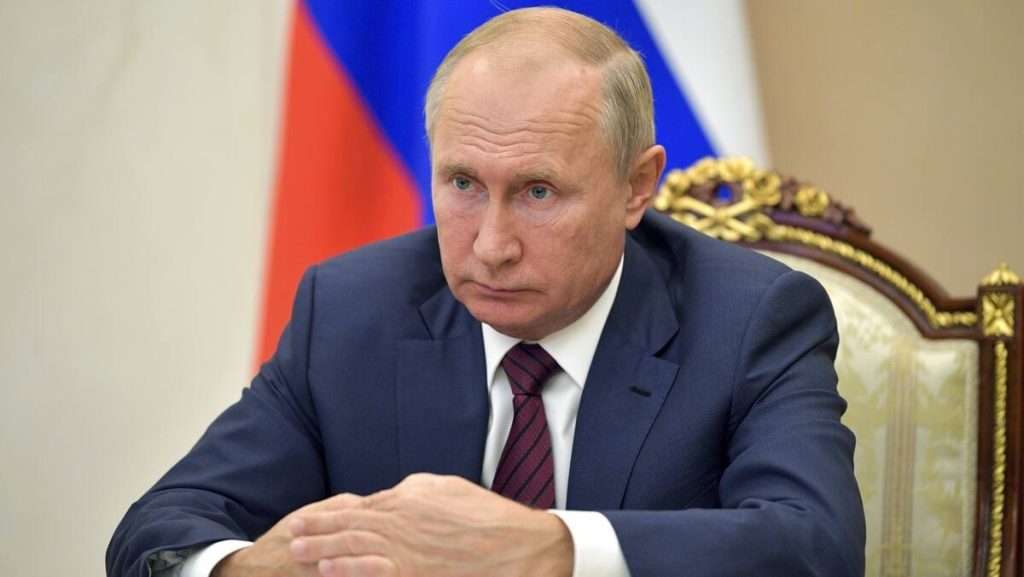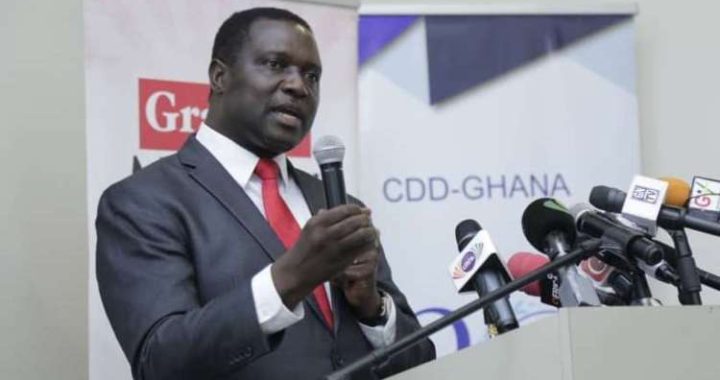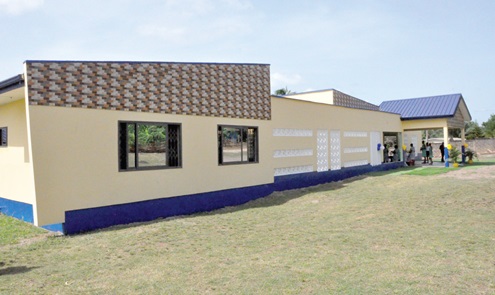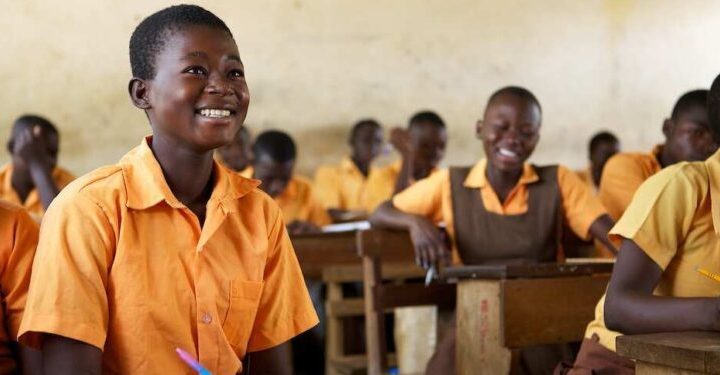Putin Wins Russia’s Presidential Election For The 5th Time

Vladimir Putin wins Russia’s recent election. He has won the election for the 5th time since the year 2000. Vladimir Putin clinched victory with approximately 88% of the votes, according to initial official results disclosed after polling ended.
The election unfolded against a backdrop of notable constraints on opposition activities and free expression within the country. Only three marginal candidates were permitted to contest against Putin, none of whom opposed his military actions in Ukraine.
The political landscape surrounding the election revealed a stark absence of viable opposition figures, with the electoral process largely characterized by limited choice for voters. This absence underscored broader concerns regarding democratic processes and civil liberties in Russia.
The victorious reelection of Putin for a fifth term underscores the enduring dominance of his political leadership within Russia. However, it also raises questions about the diversity and robustness of the country’s political discourse and representation.
Despite international scrutiny and domestic challenges, Putin’s continued tenure as Russia’s president signals the perpetuation of his influence on both the national and global stage. The election outcome is likely to shape Russia’s domestic policies and international relations in the coming years, with implications extending beyond its borders.
The election results have sparked discussions both within Russia and abroad regarding the future trajectory of Russian politics and its implications for global dynamics. As Putin prepares to embark on another presidential term, the international community remains vigilant, observing developments in Russia with keen interest.
Vladimir Putin has been a dominant figure in Russian politics for over two decades. He first became president in 2000, succeeding Boris Yeltsin, and served two consecutive terms until 2008. Due to term limits, he then served as prime minister under Dmitry Medvedev, but remained the de facto leader. In 2012, Putin was re-elected president and has held the position since then.
Putin’s leadership style is characterized by a strong emphasis on centralized control, assertive foreign policy, and maintaining stability at home. He has been credited with stabilizing Russia’s economy after the tumultuous 1990s and restoring the country’s pride on the global stage, particularly through military interventions in places like Crimea and Syria.
However, his presidency has also been marked by allegations of corruption, suppression of political opposition, and curtailing of press freedom. Putin’s government has been accused of human rights abuses, particularly in dealing with dissent and opposition movements.
Economically, Putin’s tenure has seen mixed results. While Russia experienced significant economic growth during the 2000s, largely fueled by oil and gas revenues, the economy has faced challenges due to fluctuations in global energy prices, economic sanctions imposed by Western countries, and structural issues such as overreliance on natural resources.
Despite these challenges, Putin maintains a strong grip on power, partly due to the support of key sectors of Russian society, including the military, security services, and large segments of the population who value stability and national pride. However, there is also a notable opposition movement that criticizes Putin’s authoritarian tendencies and calls for greater democracy and accountability in Russia.
Send Stories | Social Media | Disclaimer
Send Stories and Articles for publication to [email protected]
We Are Active On Social Media
WhatsApp Channel: JOIN HERE
2024 BECE and WASSCE Channel - JOIN HERE
Facebook: JOIN HERE
Telegram: JOIN HERE
Twitter: FOLLOW US HERE
Instagram: FOLLOW US HERE
Disclaimer:
The information contained in this post on Ghana Education News is for general information purposes only. While we endeavour to keep the information up to date and correct, we make no representations or warranties of any kind, express or implied, about the completeness, accuracy, reliability, suitability or availability with respect to the website or the information, products, services, or related graphics contained on the post for any purpose.



 How to Apply to Any University in Ghana with D7 in WASSCE
How to Apply to Any University in Ghana with D7 in WASSCE  9 Challenges Shattering the Foundation of Ghana’s Education System
9 Challenges Shattering the Foundation of Ghana’s Education System  Old students build health centre for Awudome SHS
Old students build health centre for Awudome SHS  Ministry of Education Postpones Reopening Date of Basic Schools By One Week
Ministry of Education Postpones Reopening Date of Basic Schools By One Week